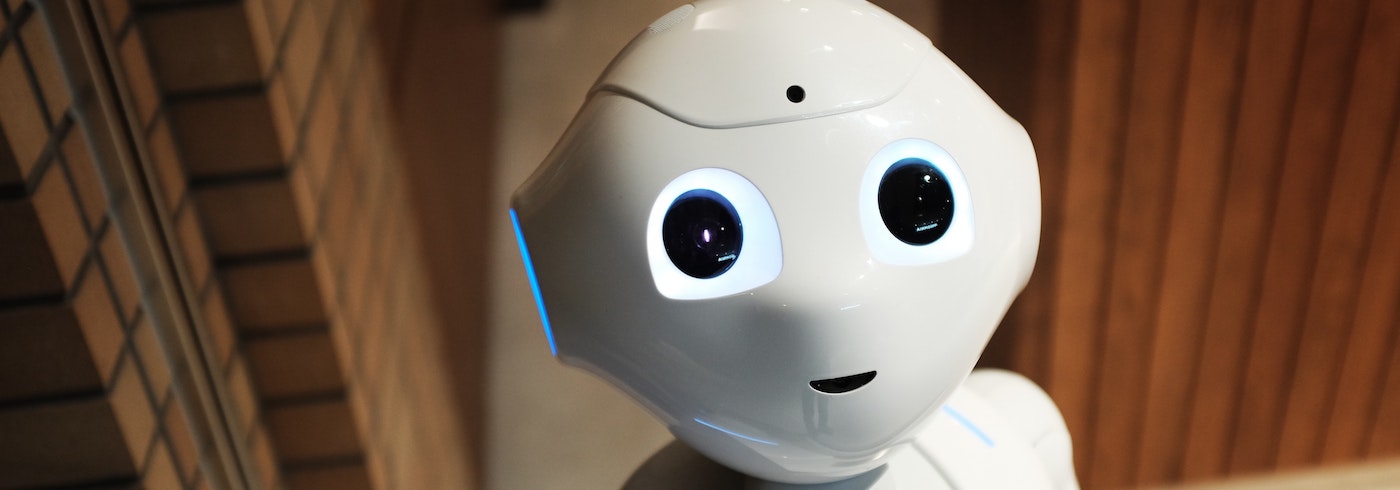The Age of AI
Artificial intelligence and the future of humanity
Popular thinking about artificial intelligence (AI) alternates between the utopian and dystopian. Will our future be like the 1999 film Bicentennial Man, in which a robot becomes human over the course of 200 years? Or will it be like the 1984 movie The Terminator, in which a cyborg assassin travels back in time to kill the mother of the man who will prevent an AI-initiated nuclear holocaust?
Perhaps the future will be a little of both. As Jason Thacker demonstrates in The Age of AI, humanity is the image of God, and “God gave us specific jobs and responsibilities to perform as we seek to reflect Him in this world.”
Technology — even complicated technology like AI — is simply “a tool that helps us live out our God-given callings.” The problem is that humanity “brought sin into the world and broke the natural order of things.” Our technology reflects our mixed character as the image of God marred. It helps, and it harms.
We idolize our creations but demean God’s — people made in His image.
Thus, AI holds both promise and peril. In the medical field, AI promises to make more accurate diagnoses and perform more intricate surgeries. But will it also deny medical care to those with low odds of survival? AI promises to make factory work less arduous, but will robots take jobs from humans?
Social media helps people connect across distances and barriers, even as AI runs complex algorithms in the background and sweeps up personal data. Is that information safe from hackers, criminals and authoritarian governments?
Underlying these ethical dilemmas is a theological paradox. Some AI advocates — called transhumanists — believe humans are simply complex machines. When machines become sufficiently complex, they too will become almost human, like Robin Williams’ robot character in Bicentennial Man. The hope is such machines will avoid human failings.
Thacker identifies the paradox: “We dumb down what it means to be human and treat each other as simple machines, but at the same time put our hope and faith in these machines to solve the problems and ills that we deal with each day.” In the process, we idolize our creations but demean God’s — people made in His image.
“AI is changing everything about our world and society,” writes Thacker. “And we aren’t prepared.”
Reading The Age of AI is a good starting place.
BOOK REVIEWED
Jason Thacker, The Age of AI: Artificial Intelligence and the Future of Humanity (Grand Rapids, MI: Zondervan, 2020).
This article originally appeared in the March/April 2020 edition of Influence magazine.
Influence Magazine & The Healthy Church Network
© 2026 Assemblies of God

